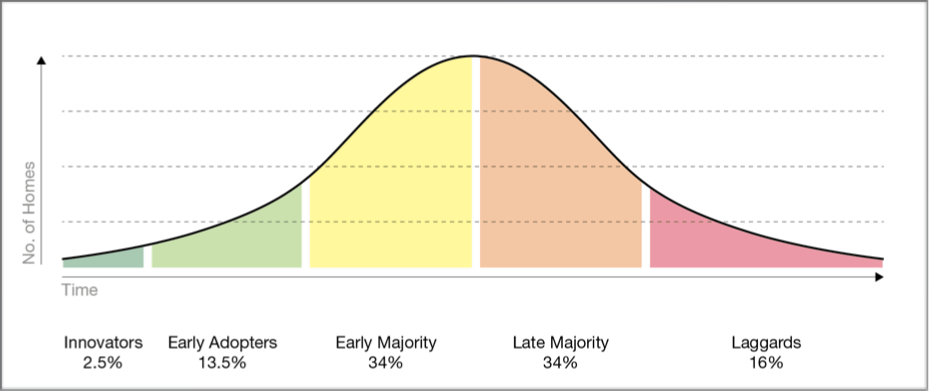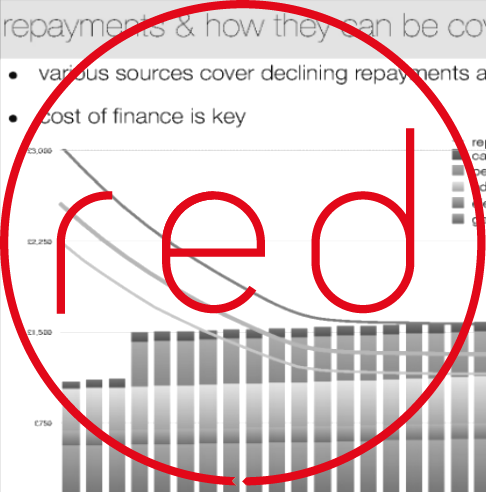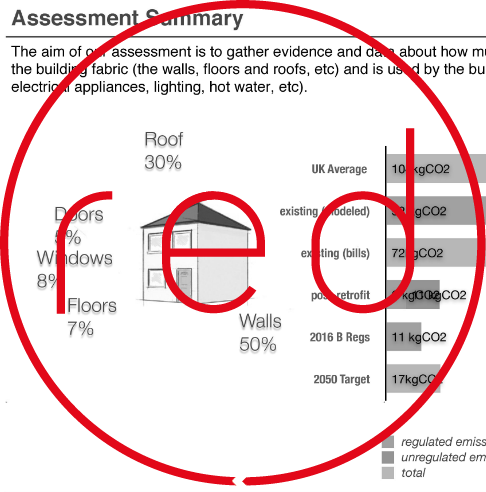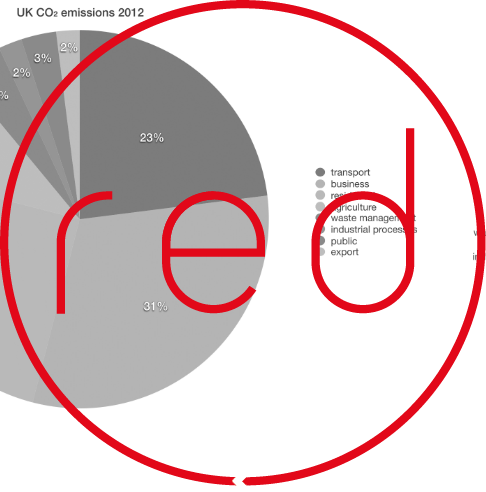Radical emission reductions
Successive governments have repeatedly shied away from properly addressing this and it is our view that there are two key causes (among others).
Firstly, conclusive proof has not been demonstrated that achieving these targets is possible. The electorate hasn’t got it yet so won’t vote for any sacrifices in pursuit of those targets
Secondly, things like ownership of the press and the power of fossil fuel lobbies are areas outside of our control.
However, the following are within our control:
It is our view that if we get enough houses to the kinds of emissions reduction necessary then we will be able to deal with the first of those arguments. If we do it as part of a national movement of those seeing the benefit in going now then we will be able to decimate the electorate’s reluctance to embrace the kinds of change needed.
We think radical emission reductions in our home energy use can be achieved; if we get on and perfect how to do it, it’ll get even more accessible to more people. We believe this will unleash a wave of consumer demand that will in turn precipitate the kind of change in the view of our governments and key service providers. We are even optimistic enough to think that if this happens this will produce the kind of example other countries might take up. Starting from our own homes we might yet head off the impending events that will shorten the lives of billions of less resource rich people as us.
Snapping back to that initial step then…
We arguably have the forward looking section of the population on our side. Roger's Dissemination Curve shows that innovation and change do not appeal to all people at the same pace. However, as shown in the graph below, the 2.5% ‘Innovators’ would suggest there are about 2,700 households in Greater Manchester who would be the type of people to try something this new as long as the right deal could be worked out for them.









